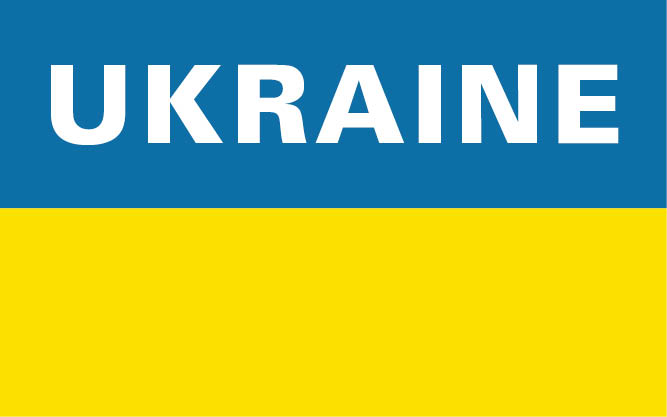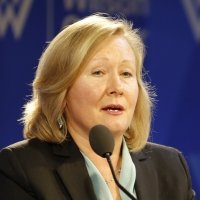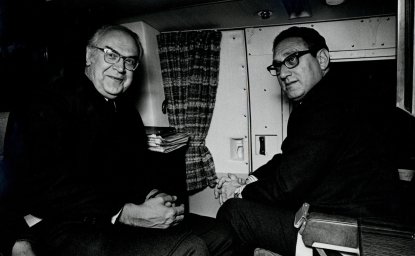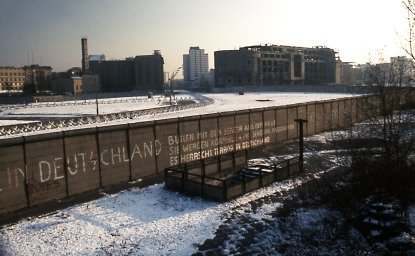The Soviet Cuban Missile Crisis: Castro, Mikoyan, Kennedy, Khrushchev, and the Missiles of November

-
This book rewrites the conventional history of the 1962 Cuban Missile Crisis by drawing on secret transcripts of top-level diplomacy undertaken by Anastas Mikoyan, the number-two Soviet leader under Nikita Khrushchev. The crisis of the “missiles of October” actually stretched beyond the “13 days” and into November, as the Soviets secretly planned to leave more than a hundred tactical nuclear weapons in Cuba—until Fidel Castro’s obstreperous behavior made them reverse their decision.
Author Sergo Mikoyan accompanied his father Anastas as a personal secretary during a 1960 visit establishing Soviet-Cuban relations and during the 1962 crisis wrap-up negotiations in Washington and New York. This account draws on Sergo’s personal experiences, his father’s reminiscences, and Soviet documentation such as his father’s cables from Havana; memoranda of conversations with Castro, John F. Kennedy, Robert Kennedy, and UN Secretary-General U Thant; and notes on internal Kremlin deliberations.
Sergo A. Mikoyan (1929–2010) was a historian specializing in Latin America and Soviet–Latin American relations, editor of Latinskaya Amerika, and chief researcher at the Center of Peace Studies at the Russian Academy of Sciences in Moscow. He taught at Georgetown University. Svetlana Savranskaya is director of Russia programs at The George Washington University’s National Security Archive.
Author
Sergo A. MikoyanFormer Fellowship;
Editor in Chief, Latinskaya AmerikaEditor
Svetlana SavranskayaMember, History and Public Policy Program Advisory Board;
Director of Russia Programs, National Security ArchiveBrowse Insights & AnalysisExplore More
Browse Insights & Analysis






